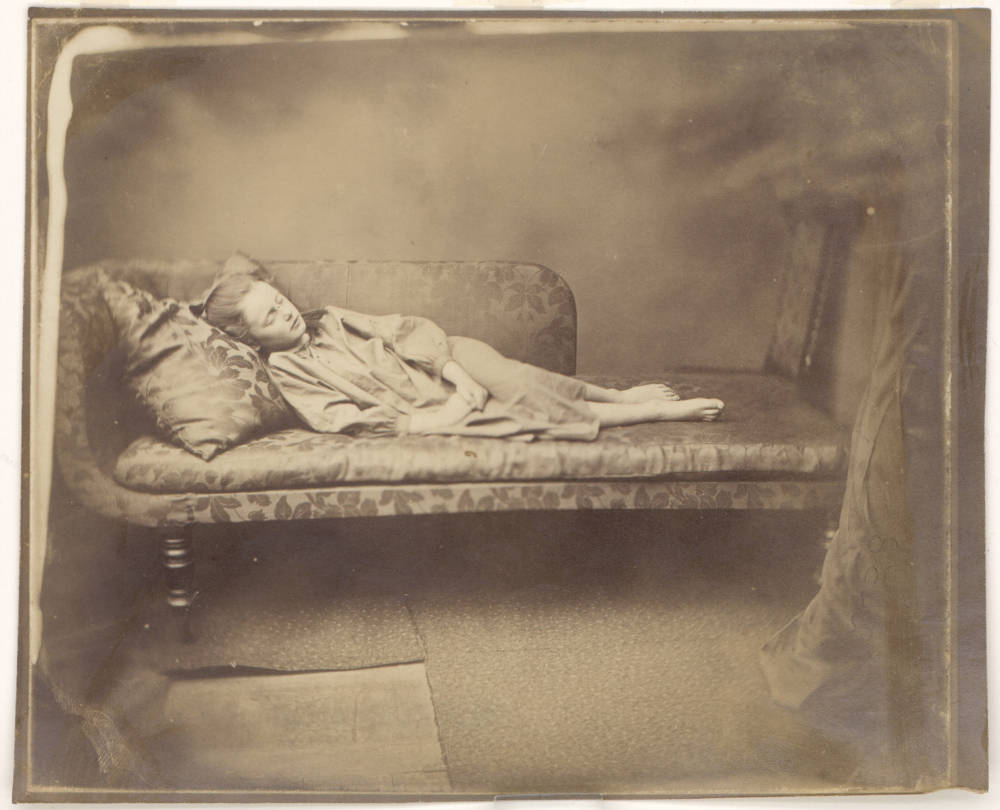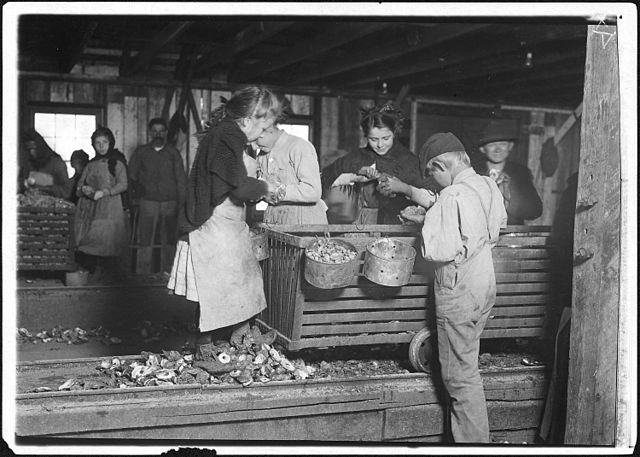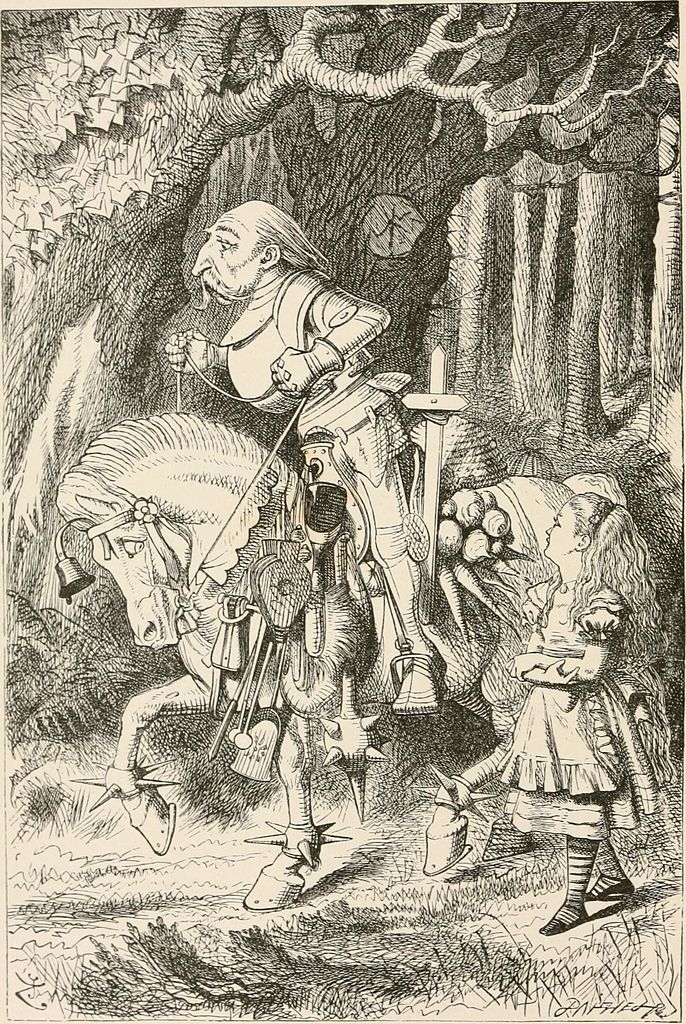
Everyone knows about Lewis Carroll’s friendship with Alice Pleasance Liddell, who inspired the main character in his famous books Alice’s Adventures in Wonderland and Through the Looking-Glass; indeed, after a rowing boat travelling during which Carroll regaled Alice and her two sisters with a fantastic story of a girl named Alice who had fallen into a rabbit-hole, she asked him to write it down, and so came Alice’s Adventures Under Ground, the initial version of the first book. CONTINUE READING / CONTINUER LA LECTURE…



